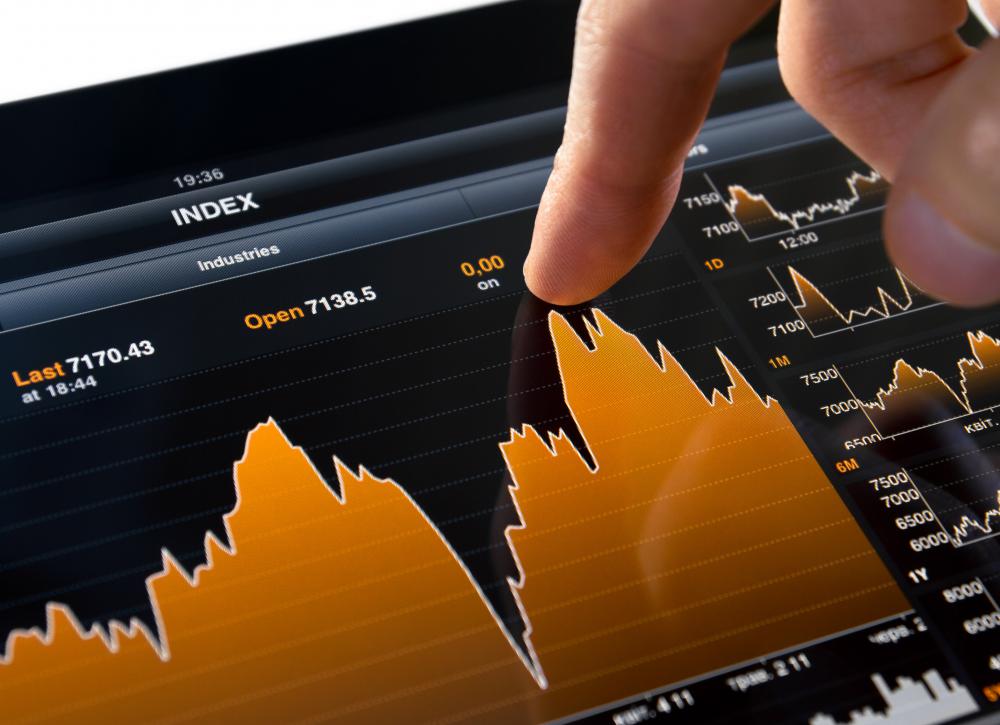At SmartCapitalMind, we're committed to delivering accurate, trustworthy information. Our expert-authored content is rigorously fact-checked and sourced from credible authorities. Discover how we uphold the highest standards in providing you with reliable knowledge.
What is Gross Spread?
A gross spread is the disparity between the price paid to the underwriting company and the price at which an initial public offering (IPO) is presented to potential investors. An IPO is the initial sale of a company’s stock to the public. Prior to going public, the company establishes an agreement with an investment bank, which underwrites the sale of the stock. When the investment bank sells the stock for a price that is higher than the price it pays to the company for the stock, the gross spread provides an instant profit per share to the underwriter. For example, Company XYZ receives $17 U.S. Dollars (USD) per share for its initial public offering, but the underwriting investment bank sells the stock for $20 USD per share, yielding a gross spread and yield of $3 USD per share.
Companies issue equity in order to raise money. They may also go public in order to get better rates on loans, facilitate mergers and acquisitions, and generate liquidity. Furthermore, the private shareholders of a company that goes public get a lot of money under most circumstances. The first step in the transition from a private company to a public company is the underwriting. Major underwriters for IPOs in the United States include Morgan Stanley, Merrill Lynch, and Goldman Sachs, which promote the issues individually or operate in a syndicate.

Investment banks build underwriting deals in two ways. Sometimes, the bank guarantees a certain sum of money to the company by buying the entire offering and then reselling shares to the public. The gross spread may be higher under these circumstances in order to offset the risk of the offering. Alternatively, the underwriter may agree to serve as a middleman on the sale of the stock, while making no guarantee of a certain amount of money. The investment bank then files with the United States Securities and Exchange Commission (SEC) a registration statement providing information about the financial aspects and operation of the company.

Analysis of an IPO company is difficult due to the relative lack of historical financial information that is publicly available. Large brokerages, however, only support and underwrite the most successful IPOs. In order to secure favorable sales and significant profit from the gross spread, underwriters require IPO insiders to refrain from selling their shares for a specified time, called a lock-up period, lasting from a few months up to two years. Rule 144 of the SEC regulations mandates a lock-up period of at least three months. Otherwise, investors who resell or flip the stock will flood the market with shares, which drives down demand and lowers the price of the stock, eroding the gross spread.
AS FEATURED ON:
AS FEATURED ON:












Discuss this Article
Post your comments